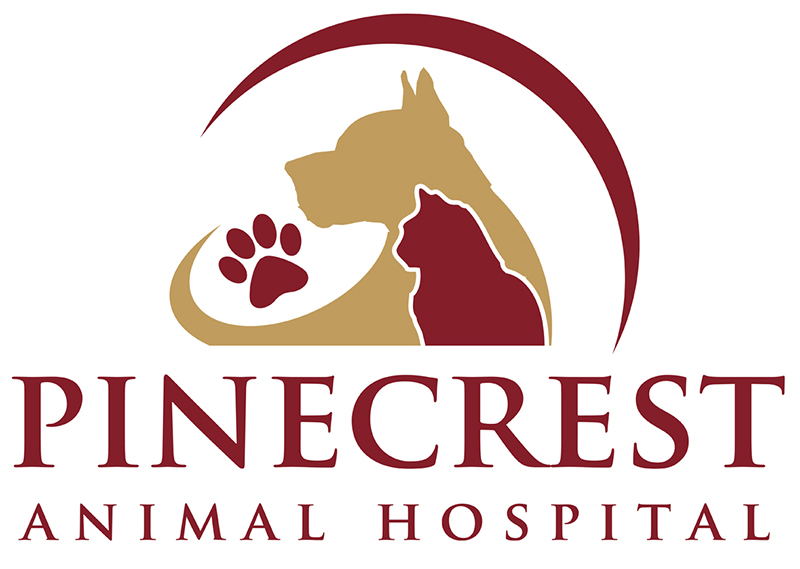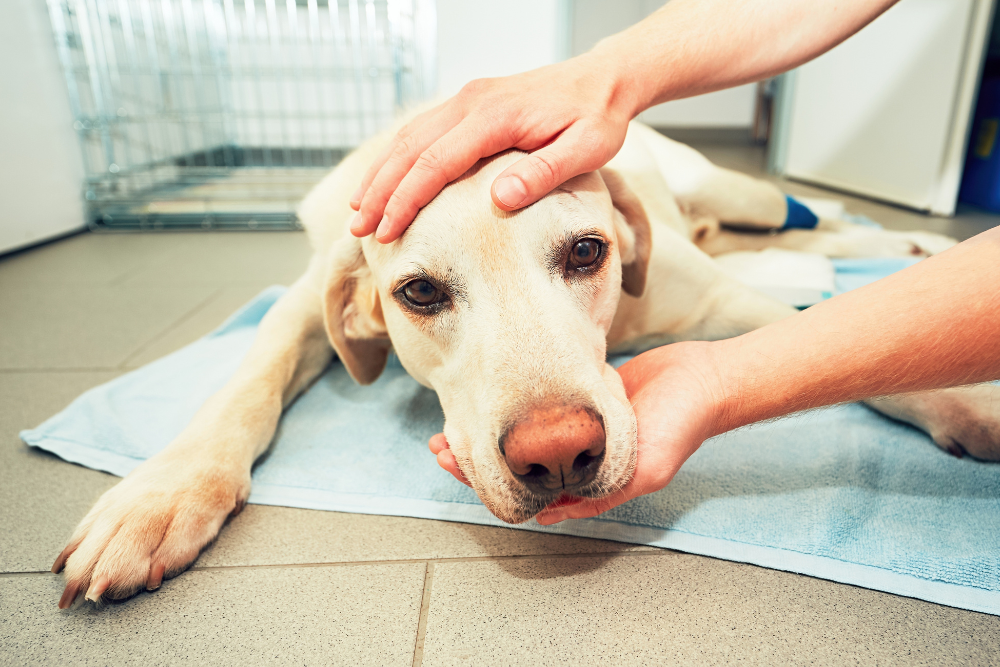Pet Emergency & Urgent Care
At Pinecrest Animal Hospital, we are prepared to handle medical emergencies during business hours and provide immediate, compassionate care for your pets in their time of need.
Immediate Response in Emergencies
At Pinecrest Animal Hospital in Owosso, MI, we believe that, in an emergency, every second counts. When you arrive with your pet on an emergency or urgent care basis, our team performs an immediate triage assessment. This evaluation helps us determine the stability of your pet and the need for emergency medical intervention.
In life-threatening situations, you may be asked for consent to perform CPR (cardiopulmonary resuscitation) to save your pet’s life. Our highly trained staff is prepared to handle a wide range of emergency situations, ensuring that your pet receives prompt and effective treatment.
Benefits of Pet Emergency & Urgent Care
Choosing Pinecrest Animal Hospital for your pet’s emergency and urgent care means you can count on receiving:
- Expert Care: Our team is highly trained in emergency medicine, ensuring that your pet receives the best possible care.
- Immediate Attention: Quick triage and stabilization can make a significant difference in emergency situations.
- Comprehensive Diagnostics: Advanced diagnostic tools help us quickly identify and treat your pet’s condition.
- Seamless Referrals: If needed, we facilitate referrals to specialty centers for advanced care, keeping you and your primary veterinarian informed.
Triage Assessment
The first component of our triage assessment includes checking your pet’s level of consciousness, airway and breathing status, circulatory status, and pain level. Key indicators such as labored breathing, choking, pale gums, weak pulses, and a racing heart are evaluated. Patients needing urgent medical attention are quickly moved to our treatment area for immediate assessment and care by our veterinarians.
Stabilizing Your Pet
Once your pet is in our care, initial stabilization is our top priority. This may involve placing an IV catheter, administering IV fluids, providing oxygen supplementation, and giving pain relief medications. Stabilizing your pet ensures that they are comfortable and that any life-threatening issues are addressed promptly.
Diagnostic Evaluation
After stabilization, your veterinarian will review a diagnostic plan tailored to your pet’s condition. This plan may include imaging techniques such as radiographs (X-rays) or ultrasounds, as well as laboratory evaluations like blood and urine tests. These diagnostic tools help determine the severity of the situation and guide the treatment plan for your pet.

